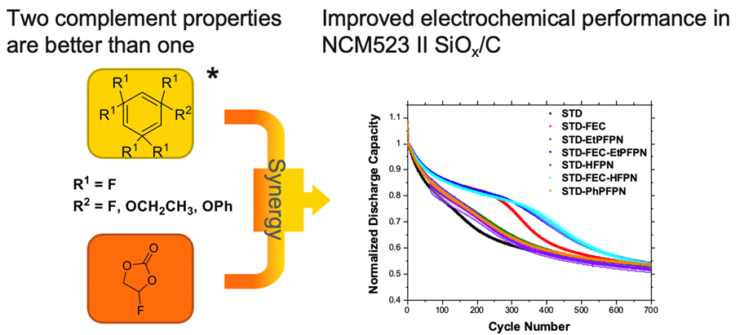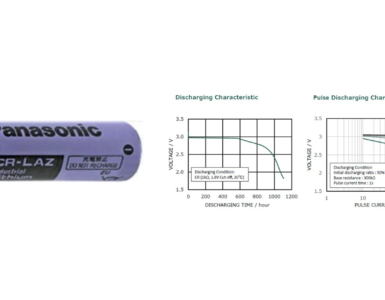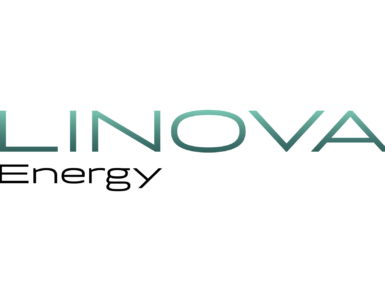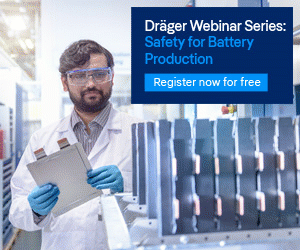Customized electrolyte additives boost battery cell performance.
Silicon (Si) is considered a promising anode material in next-generation lithium-ion batteries (LIB). Its practical application has so far been hindered by challenges such as capacity losses during battery operation.
A team from MEET Battery Research Center at the University of Münster developed tailored phosphazene-based electrolyte additives to enhance the performance of silicon-based LIB cells. In their study, the researchers also investigated the subtle interactions during battery operation, thus providing important fundamentals on the way to commercializing silicon-based lithium-ion batteries.
Electrolyte as the Key to Cell Optimization
🔥 What about we co-host a webinar? Let's educate, captivate, and convert the battery economy!
Batteries News is the global go-to online magazine for the battery industry, we can help you host impactful webinars that become a global reference on your topic and are an evergreen source of leads. Click here to request more details
Silicon as anode material suffers from significant volume changes during battery operation, leading to constant breakage and (re)formation of the Solid Electrolyte Interphase (SEI), consumption of electrolyte and loss of active lithium. Loss of capacity and eventually cell death are the consequences.
The researchers led by MEET scientist Adjmal Ghaur are targeting the electrolyte, which plays a key role in the performance and lifetime of any energy storage device. Fluorinated phosphazene compounds were investigated as additives in terms of their SEI-forming ability.
Adjmal Ghaur explains:
Introducing the dual-additive approach in state-of-the-art electrolytes leads to synergistic effects between fluoroethylene carbonate (FEC) and hexafluorocyclotriphosphazene-derivatives (HFPN), as well as enhanced electrochemical performance of silicon-based lithium-ion batteries (NCM523 || SiOx/C).
“The formation of a more effective SEI and increased electrolyte stabilization improve the lifetime, especially reducing gas formation and leading to an overall lower cell impedance.”
Study Published in Advanced Energy Materials
Authors of the study are researchers Adjmal Ghaur, Christoph Peschel, Iris Dienwiebel, Lukas Haneke, Leilei Du, Laurin Profanter, Dr Sascha Nowak, Dr Aurora Gomez-Martin and Dr Tobias Placke, MEET Battery Research Center, and Prof Dr Martin Winter, MEET Battery Research Center and Helmholtz Institute Münster of Forschungszentrum Jülich.
The entire study was published as an open access article in the journal “Advanced Energy Materials”. The paper contains results of the research project “GrEEn” funded by the Ministry of Economic Affairs, Innovation, Digitalization and Energy of the State of North Rhine-Westphalia.
Customized Electrolyte Additives Boost Battery Cell Performance, January 10, 2023







